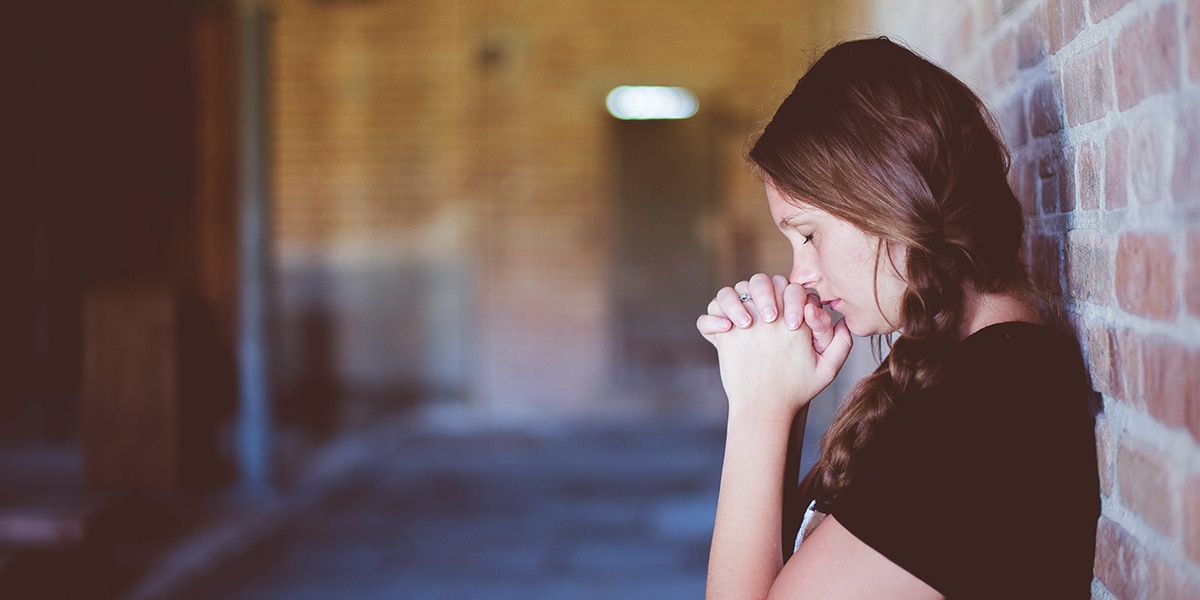As the U.S. marks Asian American and Pacific Islander Heritage Month in April, the Diocese of San Jose, California, issued a statement March 29 in support of those communities, given a spate of crimes throughout the country targeting them.
“The Asian community has been on my mind and in my prayers recently, given the disturbing rise of anti-Asian animus, prejudice, aggression and violence,” said Bishop Oscar Cantú of San Jose in the statement.
The organization Stop AAPI Hate released figures in mid-March saying it had collected reports of 3,800 hate crimes throughout the U.S. in the past year against Asian Americans and Pacific Islanders.
Some of the more known reports include general harassment in public, such as being told to “go home” or to get out of the country, at restaurants and in grocery stores and possibly life-ending ones such as the killing of six women of Asian descent during a March shooting spree in Georgia.
Authorities have said that even though the suspect under custody in the killings said the shootings were sexually motivated, they still have not discarded the possibility of bias.
Stop AAPI Hate says on its website that reports of hate against Asian American and Pacific Islanders “has risen during the COVID-19 pandemic” as some falsely blame those communities for the spread of the virus, first documented in China, and some politicians fanned the flames of hate against Asians during a contentious 2020 election season.
“It is disgraceful to see this in our American society in our modern times,” Bishop Cantú said. “We have come so far in our country since the eras of the Chinese Exclusion Act and the Japanese internment camps of generations past. And yet, we manage to take steps backward into prejudice, discrimination, and even violence.
“This is sad and disgraceful. Anti-Asian hatred not only hurts Asian Americans; it tarnishes the dignity of all Americans.”
The U.S. Chinese Exclusion Act was passed by Congress and signed into law by Republican President Chester A. Arthur May 6, 1882, prohibiting all immigration of Chinese laborers. Chinese immigration was regulated until the 1920s.
On Feb. 19, 1942, Democratic President Franklin D. Roosevelt ordered the forced relocation of Japanese Americans to internment camps during World War II. They were kept in camps until 1945.
Bishop Cantú in his statement urged Christians observing Holy Week this year to see what’s happening in Asian American and Pacific Islander communities under the light of faith, recalling “how the crowd turned against Jesus, calling for his violent execution.”
“Jesus stands with our Asian community,” Bishop Cantú said. “The church stands with our Asian communities. We are brothers and sisters to one another, members of a common human family, with dignity and worth.
“Asians and Pacific Islanders bring tremendous gifts that enrich American culture and society, and our church. Let us embrace them, celebrate them, and love them as brothers and sisters!”
By Rhina Guidos | Catholic News Service







News & Commentary
San Jose Diocese voices support of Asian communities after hate crimes
As the U.S. marks Asian American and Pacific Islander Heritage Month in April, the Diocese of San Jose, California, issued a statement March 29 in support of those communities, given a spate of crimes throughout the country targeting them.
“The Asian community has been on my mind and in my prayers recently, given the disturbing rise of anti-Asian animus, prejudice, aggression and violence,” said Bishop Oscar Cantú of San Jose in the statement.
The organization Stop AAPI Hate released figures in mid-March saying it had collected reports of 3,800 hate crimes throughout the U.S. in the past year against Asian Americans and Pacific Islanders.
Some of the more known reports include general harassment in public, such as being told to “go home” or to get out of the country, at restaurants and in grocery stores and possibly life-ending ones such as the killing of six women of Asian descent during a March shooting spree in Georgia.
Authorities have said that even though the suspect under custody in the killings said the shootings were sexually motivated, they still have not discarded the possibility of bias.
Stop AAPI Hate says on its website that reports of hate against Asian American and Pacific Islanders “has risen during the COVID-19 pandemic” as some falsely blame those communities for the spread of the virus, first documented in China, and some politicians fanned the flames of hate against Asians during a contentious 2020 election season.
“It is disgraceful to see this in our American society in our modern times,” Bishop Cantú said. “We have come so far in our country since the eras of the Chinese Exclusion Act and the Japanese internment camps of generations past. And yet, we manage to take steps backward into prejudice, discrimination, and even violence.
“This is sad and disgraceful. Anti-Asian hatred not only hurts Asian Americans; it tarnishes the dignity of all Americans.”
The U.S. Chinese Exclusion Act was passed by Congress and signed into law by Republican President Chester A. Arthur May 6, 1882, prohibiting all immigration of Chinese laborers. Chinese immigration was regulated until the 1920s.
On Feb. 19, 1942, Democratic President Franklin D. Roosevelt ordered the forced relocation of Japanese Americans to internment camps during World War II. They were kept in camps until 1945.
Bishop Cantú in his statement urged Christians observing Holy Week this year to see what’s happening in Asian American and Pacific Islander communities under the light of faith, recalling “how the crowd turned against Jesus, calling for his violent execution.”
“Jesus stands with our Asian community,” Bishop Cantú said. “The church stands with our Asian communities. We are brothers and sisters to one another, members of a common human family, with dignity and worth.
“Asians and Pacific Islanders bring tremendous gifts that enrich American culture and society, and our church. Let us embrace them, celebrate them, and love them as brothers and sisters!”
By Rhina Guidos | Catholic News Service